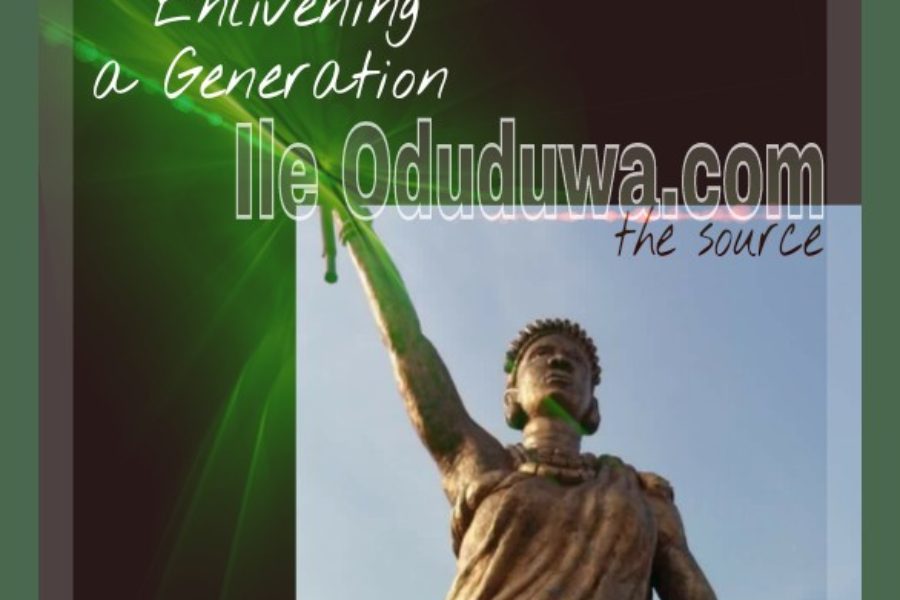Oriki in Yoruba land is a praise poetry usually consisting of songs of praise and identity of the family ancestors and also take the name form as well.
Oriki element of Yoruba Culture serves the following purpose:
The Poetry and Entertainment value is great and refreshing at weddings, naming ceremonies or at burials to mention a few of this events when the Oriki of that person is being chanted.
The Means of Identity is an element of Oriki that every Yoruba person must know their Oriki because you can prove what part of Yoruba land right to the household you are from. Tribal marks also in conjunction serves the same purpose of identifying what part of Yoruba land you are from.
Another element of Oriki is the history and means of establishing and understanding your ancestry. It tells the weakness and the strengths of your ancestors and forebears and could give an insight to a family traits and behavior, past achievements, health issues, antecedent, family migration patterns and family ties to other towns and villages in Yoruba land.
The last element of Oriki is spiritual. The Yorubas believe that the Oriki and knowledge of it has a spiritual essence. It is believed that a person who does not know his Oriki loses his spiritual essence. When mothers sings the family Oriki to children depending on the child’s situation it could be very soothing to the child. Sometime the Oriki might be sung to a young child as a motivational tool, to motivate the child by chanting the family Oriki, which words might contain sentences or phrases like ” do you know who you are ?, who your father is, and recite the great things your ancestors have accomplished in that area. It is very similar to a pep talk to motivate a child. Family member might use the family Oriki as a welcome poetry praise message to welcoming you back home after a long absence. The Yoruba Oriki might be sung or read at a funeral interment as a final ritual of going to meet your forefathers before you.
The Oriki is viewed as a spiritual channel of transmitting the collective consciousness of ancestors to children of the next generation.
Each child at birth is given a prefix Oriki in additional to his names which like the Spanish could be several names. This prefix is then added to the established immediate family Oriki followed by the extended family narrative which is then to the town Oriki narrative.




 IleOduduwa.com the Source is ennobling this great culture and language of the Yoruba people is a worthy endeavor to undertake and continue to share with the world it’s rich history, heritage, traditions, culture, and language that is spoken by sixty million people around the world.
IleOduduwa.com the Source is ennobling this great culture and language of the Yoruba people is a worthy endeavor to undertake and continue to share with the world it’s rich history, heritage, traditions, culture, and language that is spoken by sixty million people around the world.